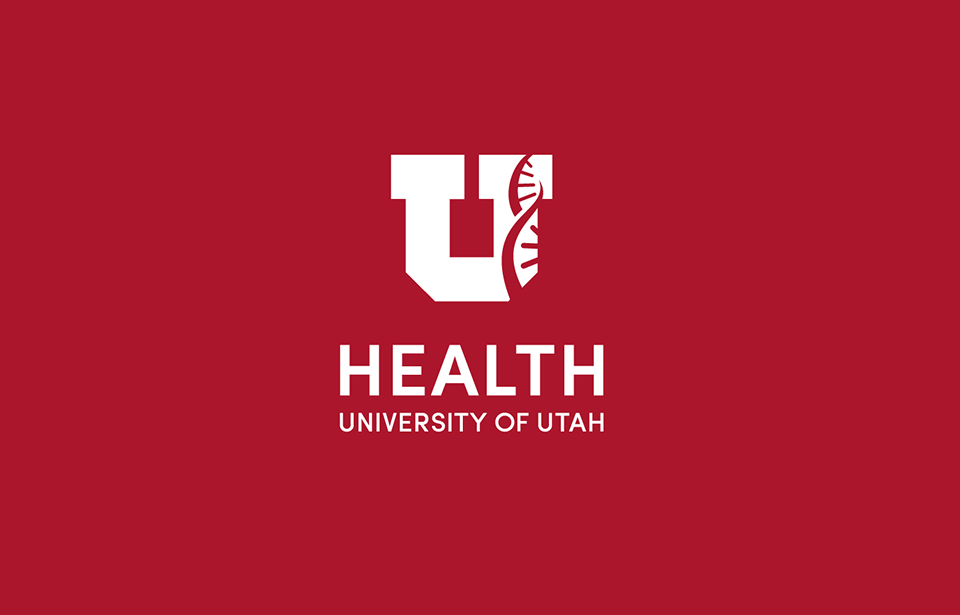![[media-entity-reference:media-alt]](/sites/g/files/zrelqx136/files/styles/billboard_tablet/public/media/images/2022/cardiac-imaging.jpg?h=fcef7211&itok=TwDatziN)
![[media-entity-reference:media-alt]](/sites/g/files/zrelqx136/files/styles/billboard_desktop/public/media/images/2022/cardiac-imaging.jpg?h=fcef7211&itok=T7Qg_lKV)
Abdominal Aortic Aneurysm Screening
What Is an AAA Screening Ultrasound?
An AAA screening (or abdominal aortic aneurysm screening) is an ultrasound that looks at the main blood vessels in the abdomen. This imaging study allows your physicians to see whether your blood vessels are an abnormal size or dilated.
Your primary care physician may recommend this screening if you have a history of smoking or your family has had aneurysms in the past (you have a family history of aneurysms).
If you have an abdominal aortic aneurysm, you may not have symptoms as the condition doesn't usually have visible symptoms (this is called asymptomatic). This is why we screen for them.
Learn more about abdominal aortic aneurysms.
AAA Screenings for Women
AAA screenings are specifically recommended for men who have a history of smoking and are over the age of 65. We also recommend them for both men and women who have a family history of AAA.
Because AAA is far more common in men than women, we don’t recommend screening for women without a family history of AAA.
Find a Cardiovascular Imaging Specialist
What to Expect at an AAA Screening
Your screening appointment will most likely be in the morning. Before the screening we will ask you to fast from midnight the night before until after your test. You can take medications with small sips of water.
Because screenings are the first appointments we do, your wait time should be quite short. We won’t necessarily need you to change into a gown. For the screening we need to get a clear view of your chest. If you can lift your shirt up high and roll your pants down to your belly button, we can get a clear image.
During the screening, you will lay on your back while a technician uses an ultrasound probe to take images and measurements of your abdominal aorta. There are no needles involved! We will move the ultrasound probe on your abdomen with light pressure. The machine will produce some sounds during the procedure.
We schedule your appointment for an hour, but the screening usually takes around 30 minutes.
After the screening is complete a vascular surgeon will review the measurements the technician takes of your abdominal aorta. If they find that your aorta is larger than normal, we may recommend you see an aortic specialist.
After AAA Screening
After the screening, you will be able to see your results in MyChart. If in the screening we find an abdominal aortic aneurysm, we will create a treatment plan to manage your condition. If your aneurysm is small and you don't have symptoms, we will most likely recommend regular check-ups of your condition (we call this monitoring).
If your aneurysm is large or you have any symptoms, we will discuss potential surgical treatment options.
Monitoring Your Aneurysm
We will schedule regular abdominal ultrasound studies to check on the size of the aneurysm and see if it is growing. The schedule for these appointments will depend on your individual condition.
During these regular appointments, we will also make sure that you are managing any other medical conditions. These conditions, such as high blood pressure, could worsen your aneurysm.
When We Will Recommend Surgery
Your specialists will usually recommend repairing your AAA with surgery if:
- your aneurysm reaches a size of 1.9 to 2.2 inches (4.8 to 5.6 centimeters) or larger.
- if it's growing quickly.
- If you have symptoms such as stomach pain or you have a leaking, tender or painful aneurysm.
We will recommend what type of surgery you should have depending on several factors. These include the:
- location and size of the AAA,
- your age, and
- other conditions you have.







